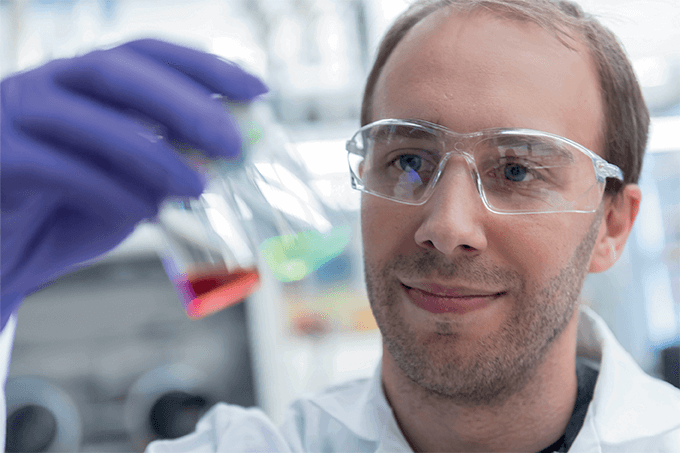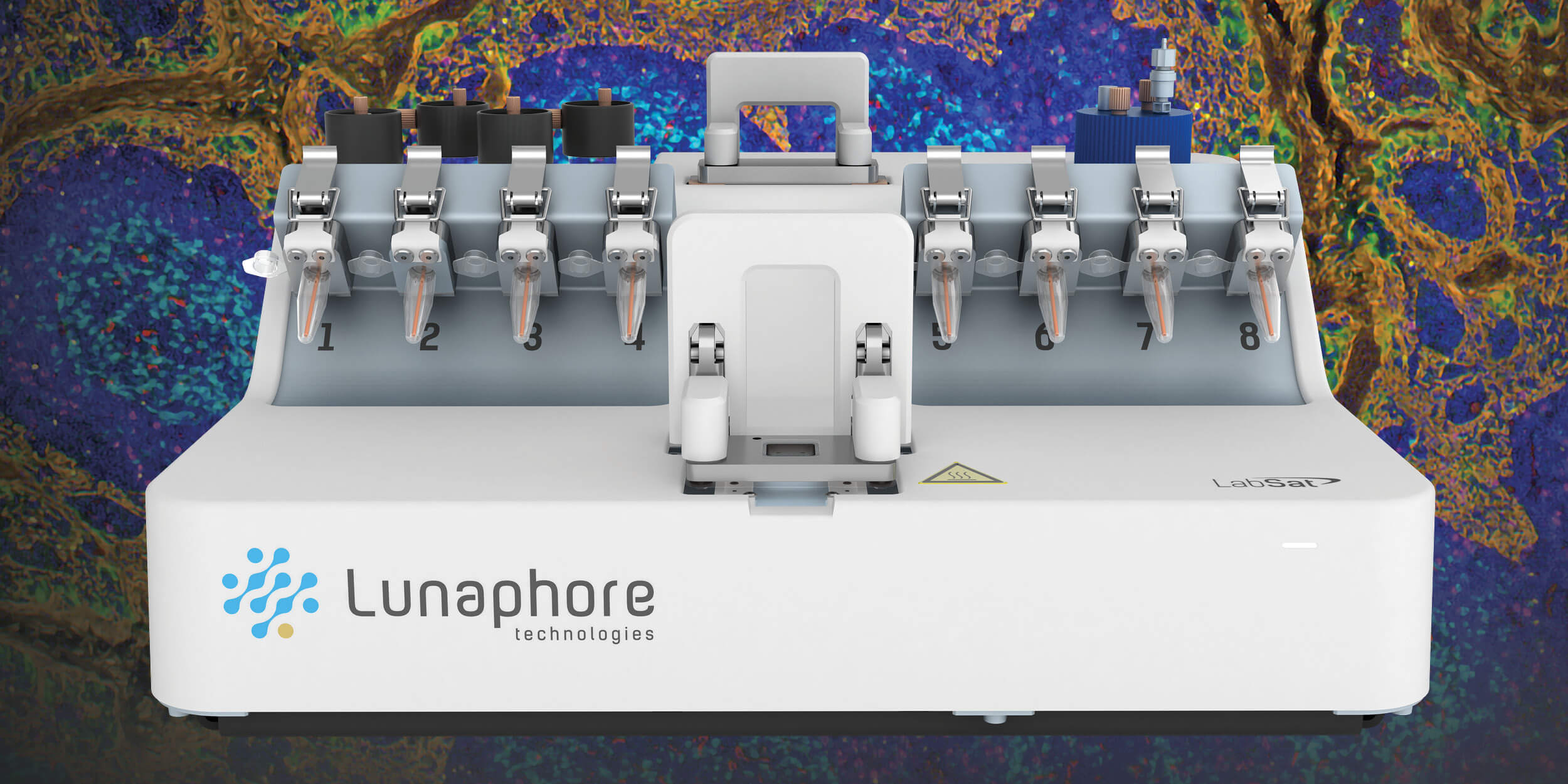
It's CRISPR Crunch Time
China drafts new gene-editing regulations - but concerns over their enforcement remain.
On 26 February, 2019 – four months on from that bombshell (He Jiankui’s gene-edited babies) – China’s health ministry released a draft set of regulations for public consultation. Meanwhile, the World Health Organization (WHO) has established an advisory committee tasked with developing global standards for the governance and oversight of human genome editing (1); on March 19, 2019, the WHO met in Geneva, Switzerland, to discuss how to proceed.
Unsurprisingly, He’s wrongdoing has whipped up something of a regulatory frenzy. But will the implementation of a stricter set of rules and respective punishments for their violation deter other scientists from following in his footsteps?
Current Chinese regulations already stipulate that gene editing in human embryos is prohibited; the problem is that they are less clear on the penalties when said rules are broken. And so, although He has been stripped of his position at The Southern University of Science and Technology (SUSTech), there is no indication of how (or even if) he will be further punished for his actions.
Jonathan Moreno, Professor of Medical Ethics at the University of Pennsylvania, is reserving judgment. “I’m sceptical until we see the implementation of the rules,” he says. “As to Dr He, I await a full investigation of the circumstances of the gene editing experiment, including identifying collaborators…”
Wolfgang Hennig, an expert in Chinese medical ethics who’s written extensively about their evolution in the last 30 years, also questions the success rate of enforcement. “The regulations in China are sufficient,” he says. “The real problem remains that the control of regulations is difficult.”
Hennig also argues that outside opinions or influence on ethics in China may be unwelcome. “I spoke to many people when I was in Shanghai over the last few months,” he says. “A major point of contention was the involvement of Western scientists, especially because there are ongoing investigations into the extent to which prominent scientists at Stanford University were aware of the scandal months before it broke (2).”
Is the case of He Jiankui a shocking yet isolated incident – or a warning shot across the bows? For rule makers – and enforcers – in China and beyond, it certainly feels like CRISPR crunch time.
Curious how we got this far? Why not read some of our related coverage…
- World Health Organization, “WHO expert advisory committee on developing global standards for governance and oversight of Human Genome editing,” (2019) Available at bit.ly/2DTwqGf. Accessed March 20, 2019.
- Nature News, “China to tighten rules on gene editing in humans”, (2019) Available at go.nature.com/2NMuGTX. Accessed March 15, 2019.
















